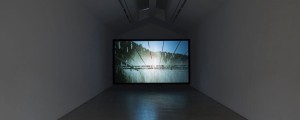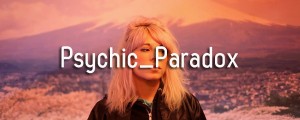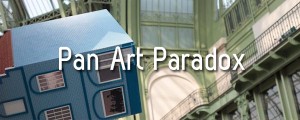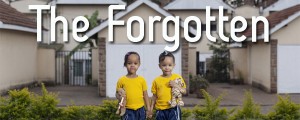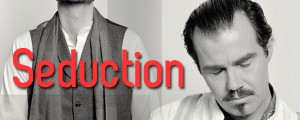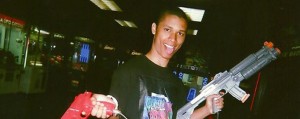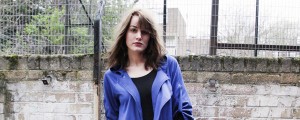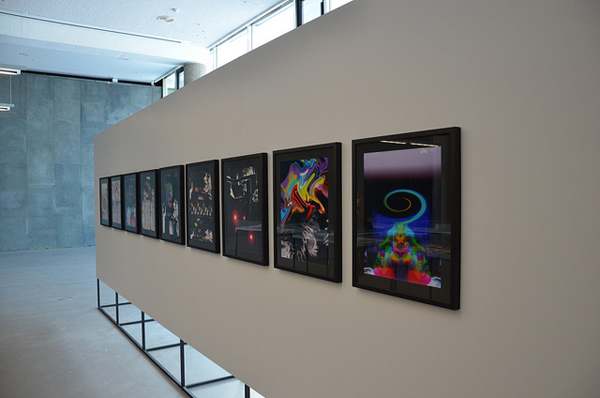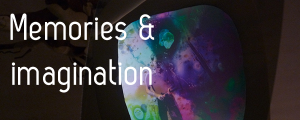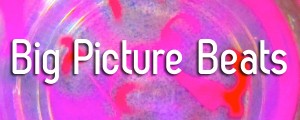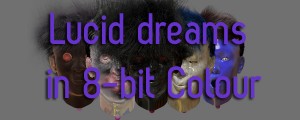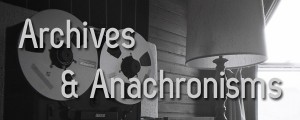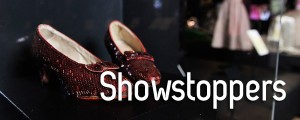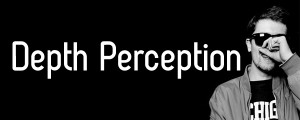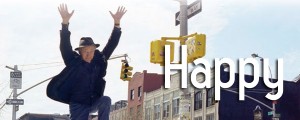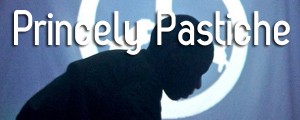Type ‘VIOLENCE’ into a search engine and you’ll find all manner of human brutality. But when it comes to the Maryland, USA artist of the same name and disposition, you might have better luck with the stylised V†L£//:CE, V†LENCE or VILENCE to find any information on this specific mode of audio cruelty.
In fact, the Baltimore artist applies a powerful aggression inspired by those juke, metal, goth et al. influences that have yielded a sea of fledgling sound abusers in recent years worldwide –an influence most explicitly felt in his 2011 LP release Apophenia through online label Aural Sects. But for his most recent cassette release, Reptile/Hand Me Downs From Heaven, out early March on French label Steak AU Zoo, there’s less gratuitous carnage and more a prolonged undertone of menace that keeps things interesting.
Opening with a persistent minimal beat that sounds like an isolated mechanical heartbeat, ‘when my heart was dark and cold’ crawls along a brooding emptiness that comes across, less as a tender metaphor and more a discomfiting anatomical cross section of human life at its barren core. Often urgent repetitive keyboard samples call to mind the cultural zeitgeist of digital darkness, according to Gatekeeper, Bodyguard and Fatima Al Qadiri, while some consciously outmoded samples hark back even further to the nihilistic era of 80s New Romanticism.
In fact, one of VIOLENCE’s many monikers is Robert Smith, which, with a namesake in The Cure front man, is as hard to believe as ‘Palmtrees Caprisun Citrusblast’. The latter becoming not only an absurd reference to the balmy weather of a west coast vibe with an east coast complexion but part of the haunting theme of ‘hiding in plain sight’, as an artist that is near impossible to find on the internet among unrelated search results and option-key dependent song titles like Apophenia’s ‘V†L£//:CE – BRITNEY_T34R§ (THE TRÅG¡PØÇÅL¥P§£ ØV BR¡TN3¥_T34R§)’.
The pixel haze dissipates a little around Reptile/Hand Me Downs From Heaven, which limits itself to the Roman Alphabet but there’s still the surreal, Dadaist approach to meaning(lessness), which the online media mind scramble has no doubt contributed to. There are the requisite typos of a world raised on computer keyboards with ‘sumtiems’ -a contorted hip hop interpretation led by a crushing bass line and the emotionless appeal of “who will love me now?” -as well as the disrespect for spelling in the synthesised volley of ‘iluvu’. Then there’s no escaping the aimless articulations between seemingly disconnected ideas. How exactly could a lizard have anything to do with the divinely acquired second hand implied by the title track ‘reptile/hand me downs from heaven’? That’s except for the undeniable sample of fighter character ‘Reptile’ from Mortal Kombat; a famously bloody Nintendo game anyone growing up in the 90s will be familiar with… as well as a young inheritor, perhaps? Fans of Miami-based rapper SpaceGhostPurrp and his Raider Klan crew, could also probably relate to the retro-thrill of pre-millennial consoles for Generation Z.
Needless to say, there’s an unshakeable sense of alienation to Reptile/Hand Me Downs From Heaven, as a heavily distorted vocal moans “fuck me mama” on the aforementioned title-track while being assaulted by jagged guitar lines, a-la early 90s cop drama or repetitious 8-bit video game scores. Things are looking bleak in our modern dystopia right now and VIOLENCE is making art from the chaos.
VIOLENCE’s Reptile/Hand Me Downs From Heaven is out on Steak AU Zooin March, 2013.

